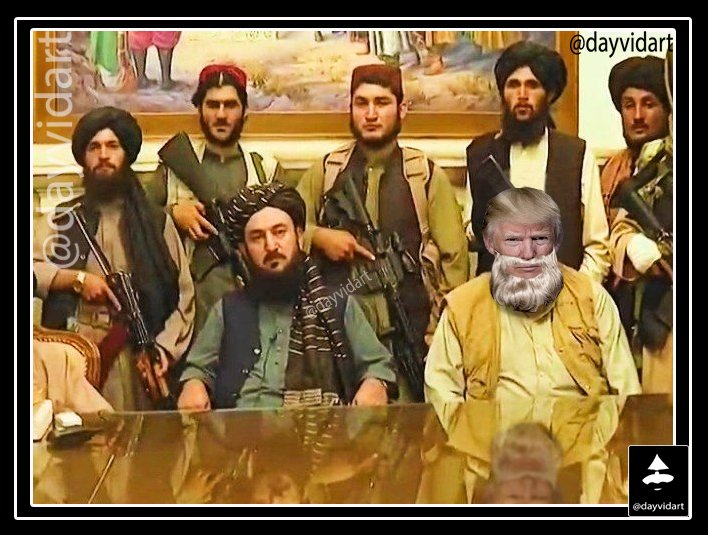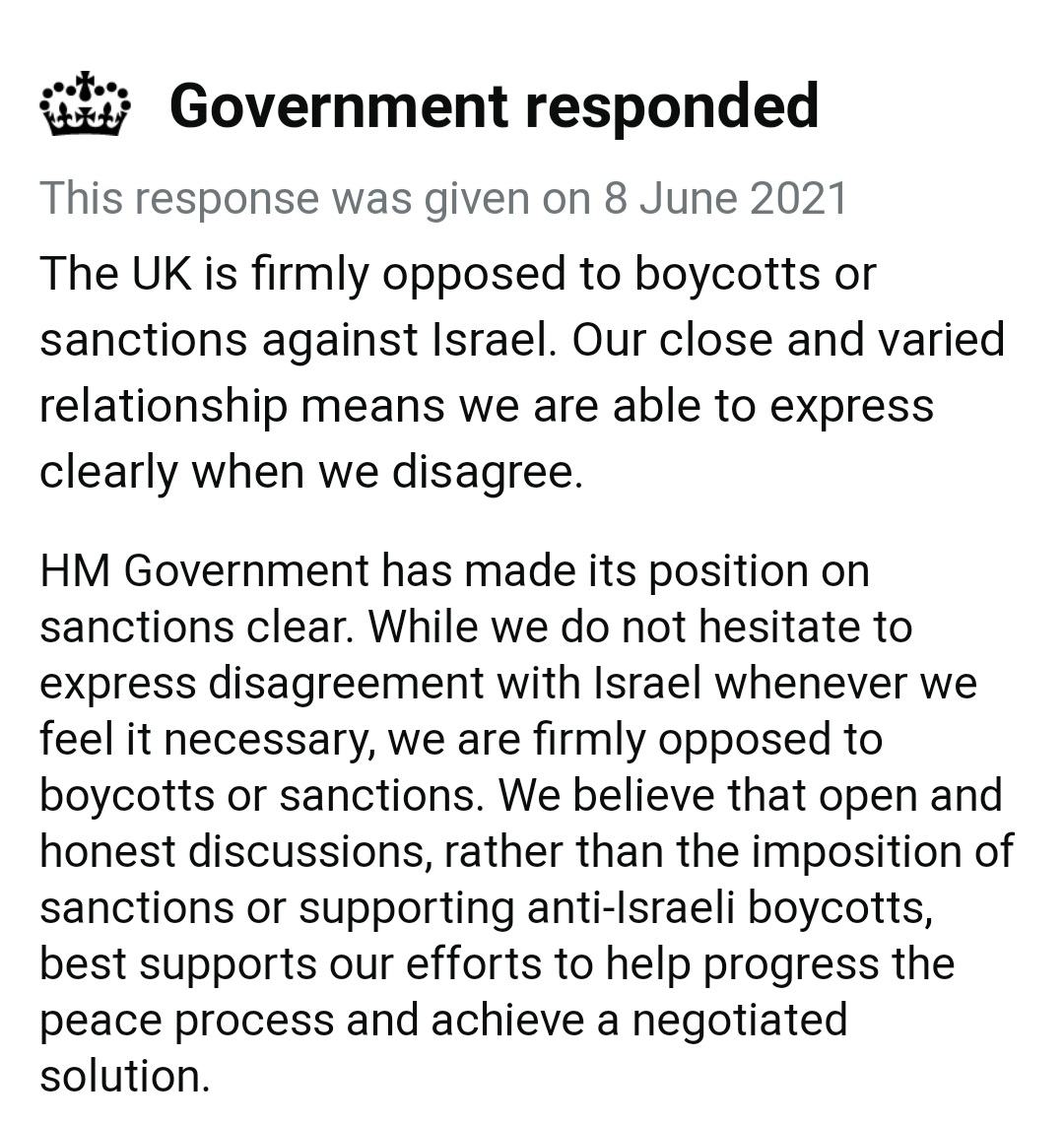As Trump and his new hyper-hawkish NSA look to pull the US out of the Iran nuclear deal signed during the second Obama administration, it is perhaps time to take another look at the duplicitous nature of Western dealings with Iran on this issue.
Iran, it is often forgotten, was a key US ally until the Islamic Revolution of 1979. The US, at the behest of the UK, overthrew the democratically elected government of Iran in 1953 (so much for the Western love of democracy!) imposing the Shah and his secret police torturers back on the Iranian people.
For 26 years Iran was also the only regional ally of Israel. The Revolution of 1979 removed from the Middle East a key ally and imposed a regime that was clearly anti-US. Who wouldn’t be opposed to a country that had removed your elected government and imposed a hated reactionary, violent regime?
 Iran, as a key ally of the US was one of the first countries to sign the Nuclear Proliferation Treaty in 1968. It has never revoked that signature and has always committed to its terms and conditions (unlike certain other countries).
Iran, as a key ally of the US was one of the first countries to sign the Nuclear Proliferation Treaty in 1968. It has never revoked that signature and has always committed to its terms and conditions (unlike certain other countries).
The NPT is an unusual international treaty, in that it imposes different terms and conditions upon its signatories according to their position at the time of its negotiation. Five states had nuclear weapons at the time, United States, Soviet Union, Britain, France and China. They undertook on signing to pursue negotiations in good faith on effective measures relating to nuclear disarmament. As is evident by Britain’s rearming of Trident this has not occurred. The second category of signatories, ‘non-nuclear states’ were forbidden from acquiring nuclear weapons. Thus the treaty created a two-tier system wherein ‘nuclear states’ could keep their weapons and didn’t have to have their nuclear programmes kept under any supervision, whilst ‘non-nuclear states’ were obliged to accept IAEA supervision of any nuclear energy programme and were not allowed to develop nuclear arms.
The treaty did, however, give all states the “inalienable right….to develop research, production and use of nuclear energy for peaceful purposes without discrimination..”
So it can be seen that Iran has the “inalienable right” to develop uranium enrichment on its own soil for peaceful purposes. Many other countries are in the same position, from Germany to Brazil, Japan to Argentina. They are NPT signatories, ‘non-nuclear states’ and they all have uranium enrichment facilities on their own land without being accused of a nuclear weapons programme and being in breach of its obligations under the NPT.
The West, in general, and the US, in particular, has displayed an astounding degree of hypocrisy with regards to their hounding of Iran over its nuclear programme. Iran has complied with IAEA ‘safeguarding’ over its nuclear development. The IAEA has repeatedly stated that Iran has never diverted any nuclear material from it’s peaceful purpose to a weapons development process.
Despite this, the US and its European allies have continually taken a line that Iran “wants  to” and “is only years away” from developing a nuclear weapon. The US intelligence community disagrees. George W. Bush made this clear statement in his memoir that a National Intelligence Estimate of 2007 made him “angry” at its statement that ‘Tehran had halted its weapons programme in Fall 2003 and as of 2007 had not restarted it.’
to” and “is only years away” from developing a nuclear weapon. The US intelligence community disagrees. George W. Bush made this clear statement in his memoir that a National Intelligence Estimate of 2007 made him “angry” at its statement that ‘Tehran had halted its weapons programme in Fall 2003 and as of 2007 had not restarted it.’
So the US admits via its intelligence community that Iran has no current nuclear weapons programme (and it should be added no proof that there ever was one) but still insisted on economic sanctions being imposed on Iran over this. Bush was ‘angry’ because this NIE prevented him from going to war, yet again.
I turn now briefly to the US hypocrisy over nuclear proliferation. Since the signing of the NPT, several countries have developed nuclear weapons. They are not signatories to the NPT but with the exception of North Korea have not been condemned by the US and in one particular case are an extremely valued US ally and provided with billions of dollars of military aid yearly. These countries, India, Pakistan, Israel and North Korea should theoretically all be considered ‘pariah states’ for their clear flouting of international opinion over nuclear weapons. But it appears that the US are capable of seeing ‘pariah’ status in one whilst maintaining, strengthening and aiding another.
Israel’s weapons programme was well-developed by the time of the signing of the NPT in 1968. Indeed Israel never signed in order to be free to continue to develop and acquire nuclear weapons. If the US had not allowed this to happen the Middle East would be a nuclear-free zone as we speak. Instead, Israel has over 400 warheads, more than enough to threaten every state in the region. The US chooses not to publicly recognise Israel’s possession of nuclear weapons and Israel does not officially publicise their possession, in this way the US and the West do not have to take a stand over Israel and impose sanctions for their flouting of international opinion on nuclear proliferation unlike the sanctions imposed on Iran, which if Trump gets his way and tears up the deal will be re-imposed causing renewed misery to the Iranian people. It seems it pays to be an ally of the US!
Iran does not want nuclear weapons. Iran has not tried to develop nuclear weapons. Iran has no plans to develop nuclear weapons. Statements that would be considered ridiculous in most Western capitals. But if we just look at the evidence they seem not just ridiculous, they are mere statements of fact.
Iran considers nuclear weapons as a ‘grave sin’. The supreme leader Ayatollah Khamenei has stated this on several occasions, issuing a ‘fatwa’ in 2005 stating that the possession and use of nuclear weapons are forbidden under Islam and that Iran would NEVER acquire them. Could he and Iran change their minds? Possible, but extremely unlikely, given the implausibility of explaining away such a volte-face in religious understanding and law.
Given all this evidence, all these statements, and the simple fact that it is an ‘inalienable  right’ of Iran to develop nuclear technology for the peaceful purpose of providing power to their citizens why is Trump and the US determined to rip up the Iran nuclear deal and reimpose sanctions?
right’ of Iran to develop nuclear technology for the peaceful purpose of providing power to their citizens why is Trump and the US determined to rip up the Iran nuclear deal and reimpose sanctions?
There appears to be no simple answer. Trump has said the deal was the worst ever negotiated. The deal didn’t need to be negotiated in the first place. The West and the US merely had to stick to treaties they signed, to accept Iran had the right to develop uranium enrichment for peaceful purposes, accept their own intelligence assessments, accept the work of the IAEA which states that Iran is in compliance with it’ safeguarding obligations. If Trump and the US fail to accept that, then in reality who could accept their signature on ANY international treaty in the future in good faith.



